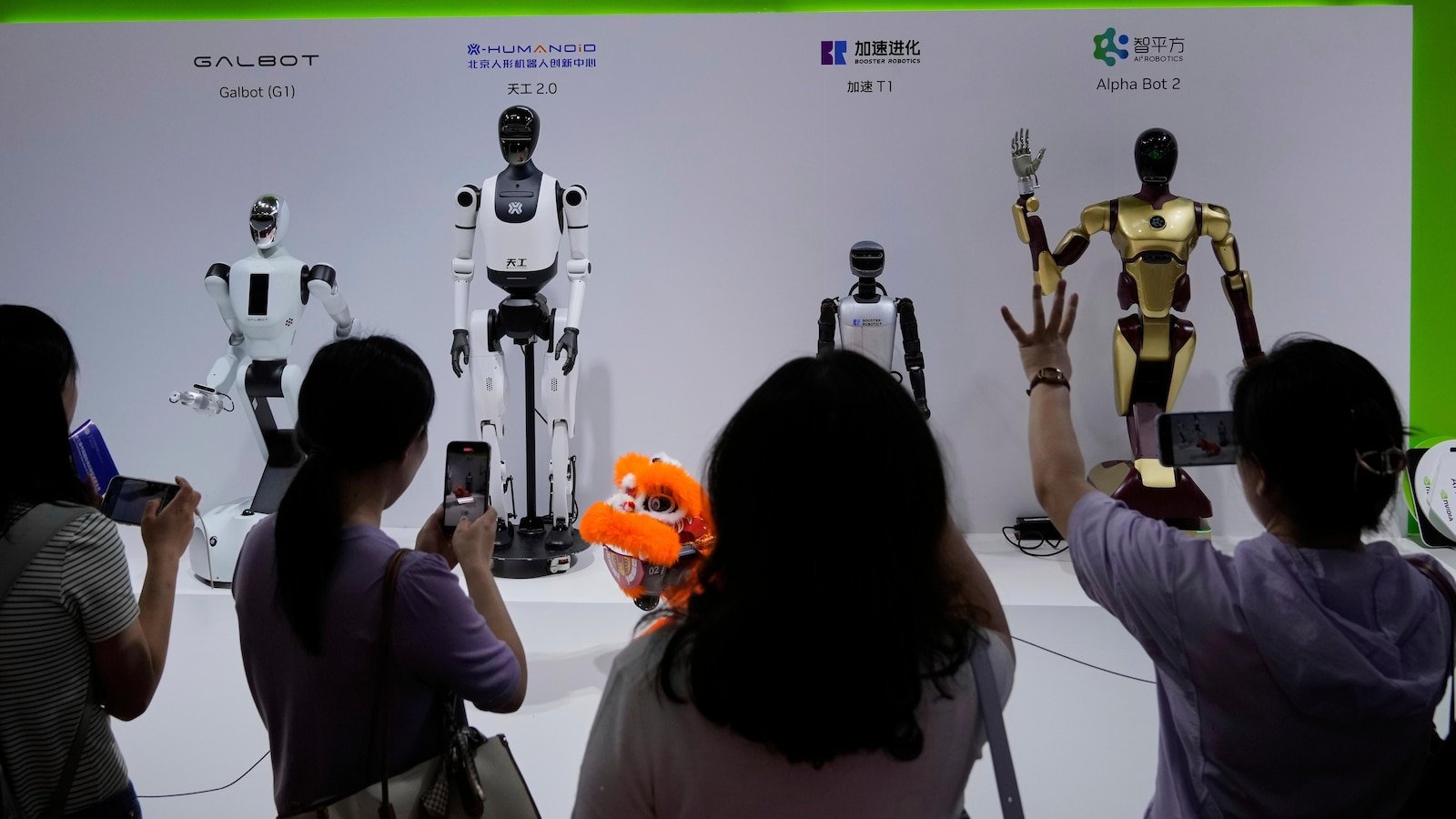Meta’s six-year deal with Google Cloud is indicative of where hyperscalers are headed.
Over the last few years, hyperscalers like Amazon, Microsoft, and Alphabet (GOOGL 0.63%) (GOOG 0.56%) have poured hundreds of billions of dollars into artificial intelligence (AI) infrastructure.
Much of this capital has been geared toward securing graphics processing units (GPUs) and designing custom silicon from Nvidia, Advanced Micro Devices, and Broadcom — the backbones of the AI infrastructure revolution.
But why has big tech been so relentless in its pursuit of AI hardware? On the surface, the answer is simple: build sprawling data centers filled with clusters of high-performance chips to power AI workloads. Yet the deeper motivation is becoming clearer, and Meta Platforms (META -1.69%) may have just handed us the biggest clue.
According to reports, Meta struck a six-year $10 billion deal with Alphabet’s Google Cloud Platform (GCP). This isn’t just about the price tag. It signals how hyperscalers are positioning themselves for the next chapter of cloud computing in the AI era.
Let’s dig into Meta’s recent infrastructure investments and see how they align with this new cloud deal. For Alphabet, the implications of this deal could be huge — and investors should be watching closely.
Meta’s spending spree continues and…
Meta’s partnership with Google Cloud comes as the company is ramping up record capital expenditures.
META Capital Expenditures (TTM) data by YCharts; TTM = trailing 12 months.
Beyond its huge data center buildouts, Meta recently invested $14.3 billion in Scale AI, a leading data-labeling start-up. For those who are unfamiliar with what data labelling is, it’s the process of tagging raw data (i.e. images, audio) so AI models can understand and learn from it. This is vital for Meta because higher-quality datasets are the foundation to accurately train and scale its AI systems. Meta also unveiled a new research group, dubbed Meta Superintelligence Labs (MSL). Together, these initiatives highlight Meta’s ambitions to push past traditional large language models (LLMs) and position itself at the forefront of the next frontier in AI: artificial general intelligence (AGI).
… this time it’s Alphabet that benefits
Meta’s collaboration with Google Cloud follows a similar partnership between Alphabet’s cloud platform and ChatGPT maker OpenAI, signaling a subtle but important shift in the cloud landscape.
Even companies deeply tied to incumbents like Microsoft Azure and Amazon Web Services (AWS) are now diversifying to access Google’s tensor processing unit (TPU) chips and its AI-optimized infrastructure, which includes advanced cybersecurity protocols as a major differentiator.
While AWS pioneered the public cloud and Azure figured out how to dominate the enterprise information-technology landscape, Alphabet has carved out a role as an AI-first cloud provider, emphasizing machine learning and data analytics. The fact that both Meta and OpenAI have chosen Google Cloud underscores how strongly Alphabet’s strategy resonates with the companies setting the pace for the AI revolution.
At the same time, multicloud strategies are now becoming the industry norm. Businesses no longer want to be locked into a single vendor, especially as AI training and inference workloads grow more complex. By distributing workloads across providers, companies can optimize for cost, performance, and availability, while avoiding computing bottlenecks.
For Meta, this flexibility is crucial. As it scales up next-generation generative AI tools, develops agentic assistants, and enhances its advertising algorithms, tapping Google Cloud ensures both the capacity and unique specialization required to compete in an intense AI landscape.

Image source: Getty Images.
Is Alphabet stock a buy?
For Alphabet, the Meta deal stresses its strategic importance in the AI cloud ecosystem. Securing a multiyear, multibillion-dollar partnership not only boosts revenue visibility for Google Cloud but also validates years of heavy investment in AI infrastructure.

GOOGL PE Ratio (Forward) data by YCharts.
Yet despite this progress, Alphabet stock remains undervalued relative to peers in the cloud space.
Trading at a forward price-to-earnings multiple (P/E) of just 21, the market still appears to underappreciate the accelerating momentum across the company’s business.
To me, Alphabet stock is a no-brainer opportunity right now. It looks dirt cheap, and the new Meta deal further reinforces the company’s leading position among AI hyperscalers, even if the stock price doesn’t reflect that.










































